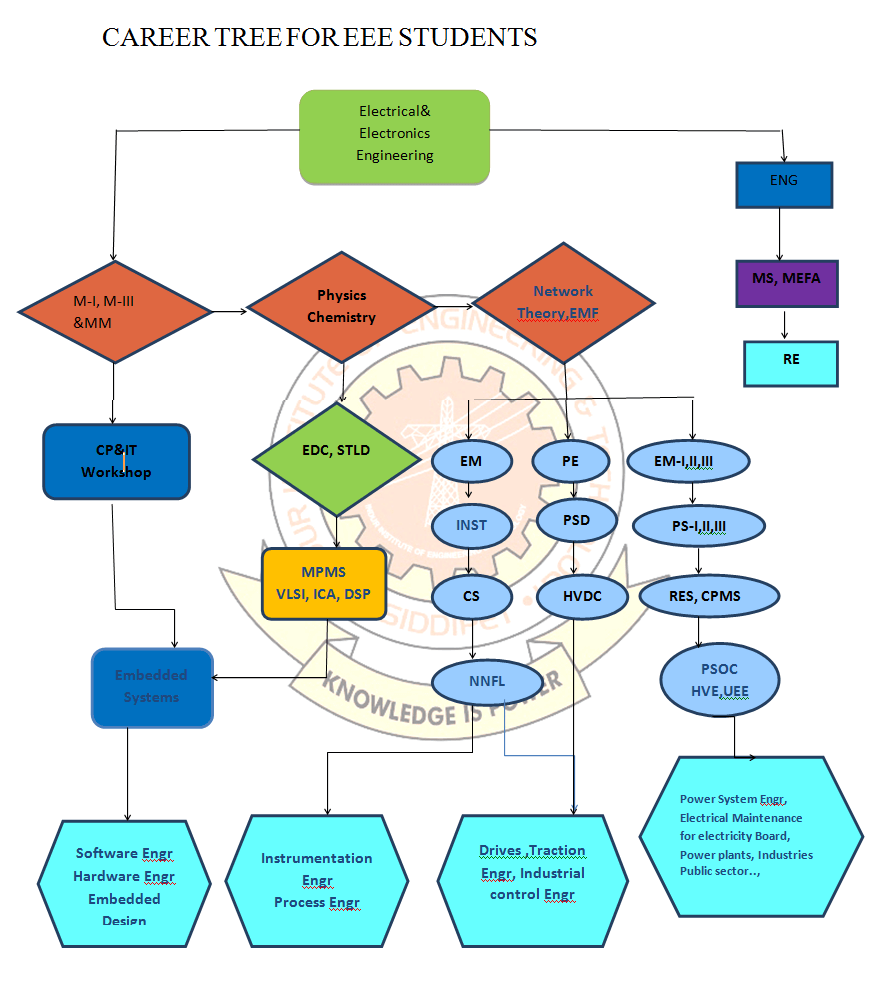Electrical & Electronics & Engineering Department
Department Introduction

Head of the Department
Contact:
Email: hodeee@induriet.edu.in
The Department of EEE was established in the year 2001 offering B.Tech (EEE) course with an intake of 60 and also offers Diploma in Electrical and Electronics Engineering in the II shift with an intake of 120 with an objective to nurture economically backward students belonging to rural areas in and around Siddipet.
What we have
This Department has not only got technical competence but is also equipped with all modern facilities The Department offers a stimulating environment for its students to do their project work and identify and seek solutions to the problems of industry.
PROGRAM EDUCATIONAL OBJECTIVE
PEO 1: Preparation: To prepare students for successful careers in Electrical and Electronics engineering meeting the requirements of Indian and global companies.
PEO 2: Technical Competence: To make students proficient in the design, development and production of electrical, electronic equipment, power system and control devices.
PEO 3: Knowledge Breadth: To enable students acquire mathematical, analytical and engineering skills required for pursuing higher studies and carrying out research in Electrical and Electronic disciplines.
PEO 4: Professional Development: Graduates will compete effectively in a world of rapid technological change and assume leadership roles within industrial, entrepreneurial, academic, or governmental environments in the broad context of electrical engineering.
PEO 5: Learning Environment: To impart develop professional, ethical values and communication skills for successful careers in the chosen domain.
a) An ability to apply knowledge of mathematics, science, and engineering in electrical domain.
b) An ability to design and conduct experiments, as well as to analyze and interpret data to solve complex electrical engineering problem.
c) An ability to design a system,component,orprocess to meet desired needs within realistic constraints such aseconomic,environmental, social, political, ethical.
d) An ability to function on multidisciplinary teams.
e) An ability toidentify, formulates,and solves engineering problems
f) An understanding of professional and ethical responsibility.
g) An ability to communicate effectively.
h) The broad education necessary to understand the impact of engineering solutions in a global and societal context.
i) A recognition of the need for,and an ability to engage in life long learning.
j) Knowledge of contemporary issues
k) An ability to use the techniques, skills, and modern engineering tools necessary for engineering practice.
(l )A knowledge of differential and integral calculus and advanced mathematics including differential equations, linear algebra, vector calculus, complex variables, Laplace transform, Fourier transforms, and probability and statistics with appropriate applications.
(m ) knowledge of basic sciences, computer science, and engineering sciences necessary to analyze and design complex electrical and electronic devices, software, and systems containing hardware and software components, as appropriate to program objectives.
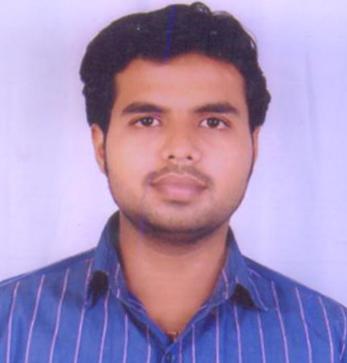
HOD, Associate Professor
M.Tech

Professor
M.Tech, Ph.D
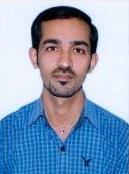
Assistant Professor
M.Tech
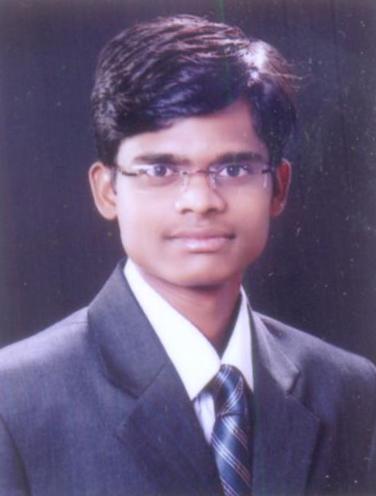
Assistant Professor
M.Tech
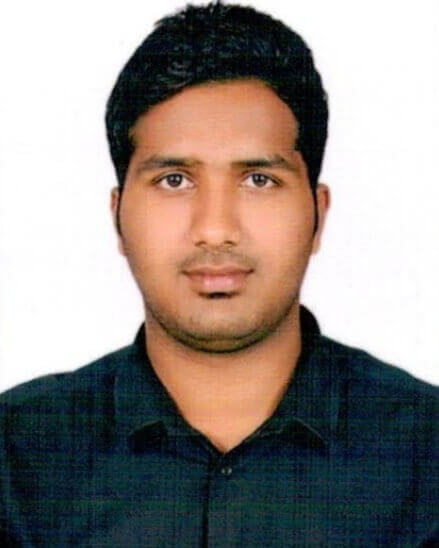
Assistant Professor
M.Tech
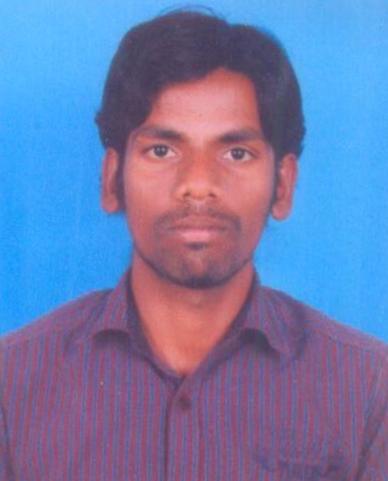
Assistant Professor
M.Tech

Assistant Professor
M.Tech

Assistant Professor
M.Tech
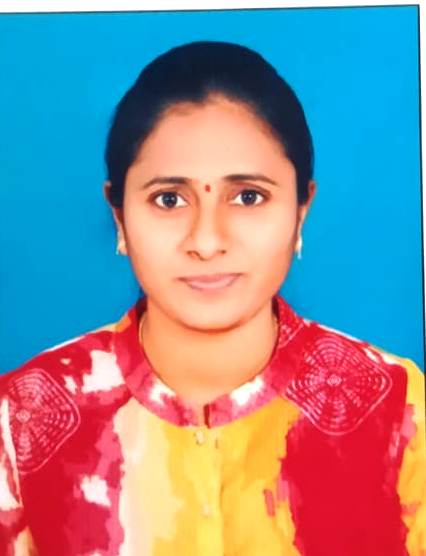
Assistant Professor

Assistant Professor
M.Tech





